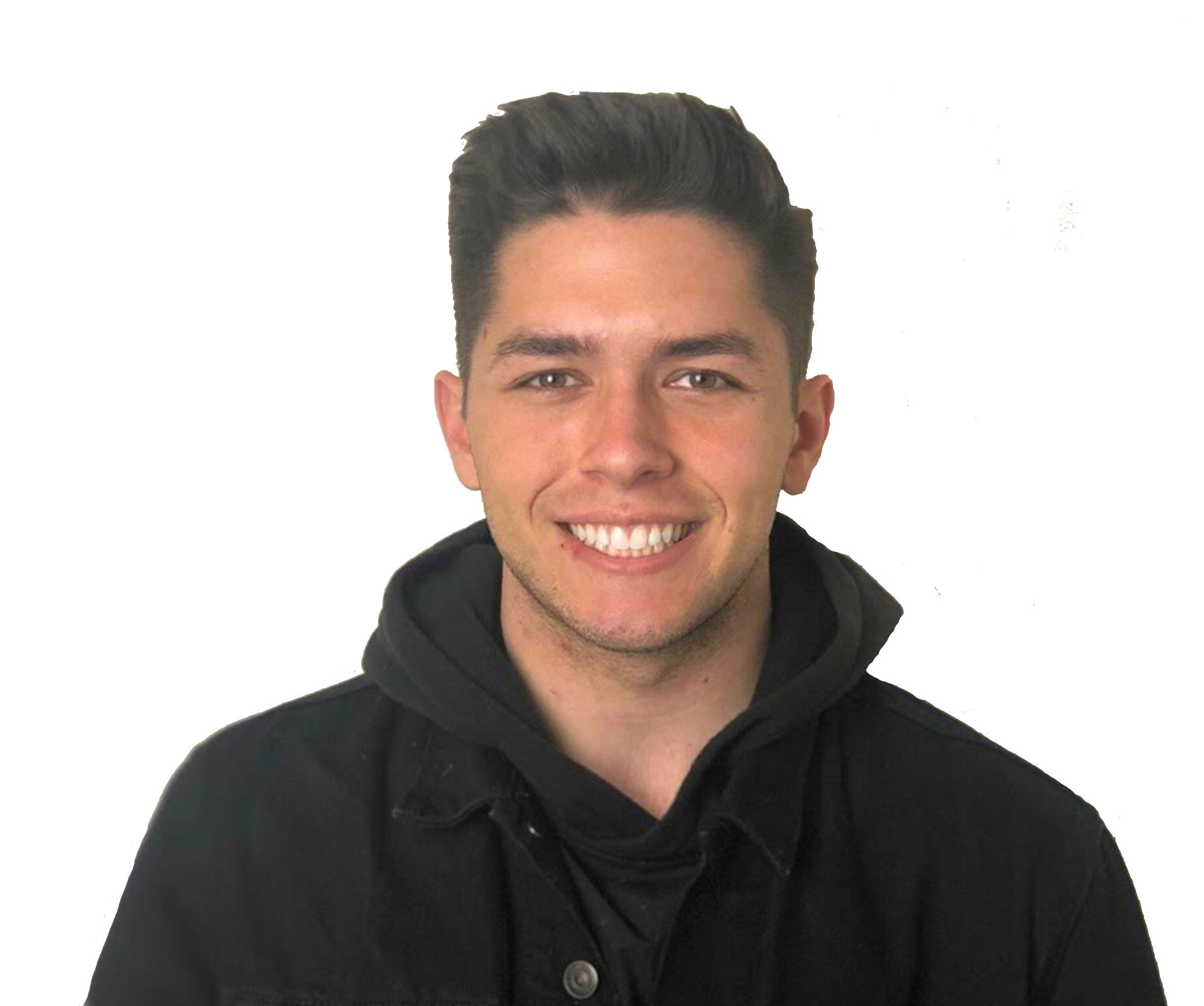Mindful Mondays: Supporting those with special needs means humanizing them
On Friday and Saturday, USC hosted its 38th annual “Swim with Mike” event at the Uytengsu Aquatics Center. The event, which is a fundraiser for the organization of the same name, contributes to a scholarship fund that supports athletes with physical disabilities through higher education. Since its inception in 1981, “Swim with Mike” has raised over $20 million in funds.
Put simply, the event is an engaging, fun way to support a deeply important cause. People with disabilities remain too often overlooked and excluded in a society that regards traditionally healthy people as the default. But given that 15 percent of people worldwide have serious physical or mental disabilities, I have to wonder: Why does this group still need to gain visibility? Do we truly see people with disabilities and their needs? Or do we just stare?
When I was in high school, the special needs community had a notable presence on campus. This was in part due to the fact that our local chapter of Best Buddies, a national organization dedicated to empowering people with disabilities, was the largest club on campus. We held monthly mixers, put on a yearly production with the theater department and even reserved a few half-times at varsity basketball games for “HoopStars,” a local sports league for people with disabilities.
And yet, although my school made inclusivity a high priority through these programs, sometimes I can’t help but question how much of that support was just for show. Like many people, I joined Best Buddies because of a genuine desire to support a community in need, and like many people, I joined with no real idea of how to support this community. Once students had made their Instagram and Snapchat posts and adequately documented themselves as “good people,” participation in the club naturally began to dwindle by the end of the school year. I was one of the few people who stuck around.
And much of the reason for that was my peer buddy, a girl with mental disabilities for whom I served as a social mentor. I was excited yet cautious when I met her, as I assumed that the entirety of my role would be that of “caretaker,” and that us “hanging out” actually meant “babysitting.” But what I didn’t realize until later — and what I wish I had known sooner — was that my buddy was, above all, a friend. She was simply a person I liked spending time with. Looking back, I can confidently say that I got as much out of the relationship as I gave.
That said, I am no saint. Joining Best Buddies placed no burden on me, and I was no savior for simply being friends with my peer buddy. In fact, I’ve grown jaded by the cheesy narrative of people who merely associate themselves with members of the special needs community to portray themselves as heroes. People with disabilities do not exist to be fixed, nor do they exist for the sake of making “normal” people feel better about themselves. They exist because they exist, and as human beings it is our responsibility to treat them as humans as well.
The biggest grievance our society has subjected those with special needs to is our habit of trying to understand them. We place them in crutches; we place them in wheelchairs; we place them inside a box limited by stereotypes and prejudice, and then place the box in some basement closet — out of sight, out of mind. We look at people with disabilities and see a problem that needs to be solved.
The other night, my friends convinced me to watch an episode of South Park entitled “Crippled Summer.” The episode follows Jimmy and Timmy, the show’s resident characters with disabilities, through a series of competitions as they attempt to become the camp’s champions. Indeed, it goes without saying that the episode’s representation of people with disabilities is insulting and distasteful. But the show’s comically ridiculous stereotypes force viewers — myself included — to confront their own prejudice; South Park takes people with disabilities out of the aforementioned “box” and shows us the very ugliness associated with disability that we’ve unfairly fabricated in our minds.
Not all TV writers are as ambitious as South Park’s, but there is something to be said about the fact that people with disabilities are dramatically underrepresented in the entertainment industry at large. According to a 2015 report by USC Annenberg’s Media, Diversity and Social Change Initiative, only 2.4 percent of characters with speaking roles in the top 100 movies had disabilities. This exclusion from the screen not only fails to normalize the presence of the special needs community, but also reinforces the label of “otherness” we unconsciously place on them.
Of course, greater exposure can’t equate to offensive exposure; we shouldn’t encourage people to throw around the word “retarded” and perpetuate harmful stereotypes surrounding people with disabilities, as we see in South Park. As we do for all human beings, we must exercise a sense of mindfulness and respect for the special needs community. The first step is to use “people first” language: For example, instead of saying “the disabled,” say “people with disabilities.” Sure, it’s a small gesture — but it makes a difference.
In response to my previous confusion about how to support the special needs community, I’ve come to realize there isn’t one correct answer. Support means starting more fundraisers on campus like “Swim with Mike.” It means getting involved in USC’s chapter of Best Buddies. It means being a friend. And ultimately, most of the time, it means treating people like people.
Ryan Fawwaz is a freshman majoring in journalism. He is also the editorial director of the Daily Trojan. His column, “Mindful Mondays,” runs every other Monday.

